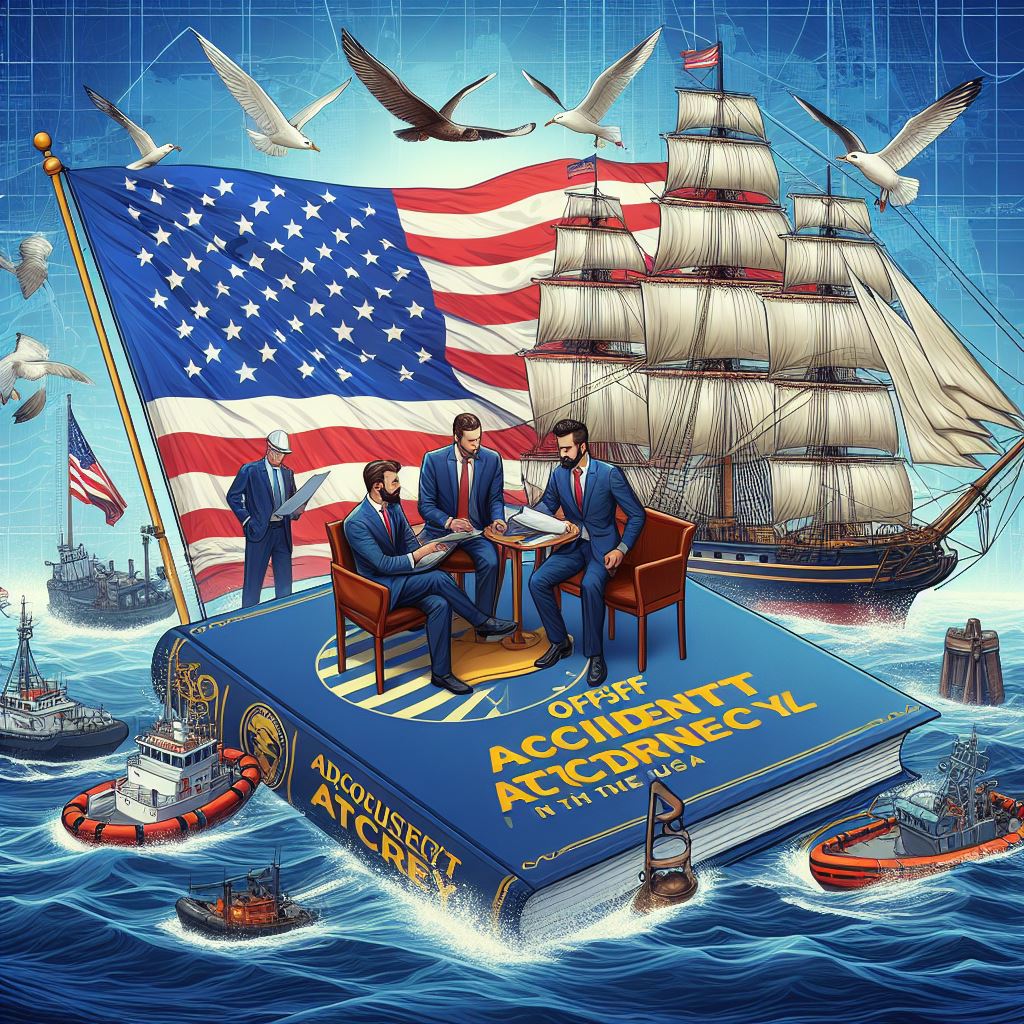Navigating Uncharted Waters: A Guide to Maritime Careers in the USA
A Sea of Opportunities: Exploring Maritime Careers in the USA
The maritime industry encompasses a wide spectrum of professions, each playing a crucial role in the safe and efficient operation of vessels and the smooth flow of maritime commerce. Here’s a glimpse into some of the key maritime careers in the USA:
-
Deck Officers: The backbone of any vessel’s operations, deck officers are responsible for the safe navigation and overall operation of the ship. This career path requires extensive training and education, culminating in a Coast Guard-issued Merchant Marine Officer’s License. Deck officers progress through the ranks, starting as Third Mate and working their way up to Captain.
-
Marine Engineers: The engine room is the beating heart of a ship, and marine engineers are responsible for the safe and efficient operation, maintenance, and repair of the propulsion systems, auxiliary machinery, and electrical components. Marine engineers also hold Coast Guard-issued licenses, with career paths ranging from Third Assistant Engineer to Chief Engineer.
-
Able Seamen (ABs) and Ordinary Seamen (OSs): These essential crew members form the backbone of the deck department, responsible for maintaining the vessel, performing lookout duties, assisting with cargo operations, and standing watch. While some entry-level positions may not require formal qualifications, on-the-job training and obtaining an Able Seaman’s (AB) Unlimited credential enhances career prospects.
-
Ratings (Specialists): The maritime industry relies on a variety of specialists beyond deck officers and engineers. These include ratings such as boatswains (responsible for deck equipment and cargo operations), pumpmen (responsible for maintaining ballast and bilge systems) and cooks, who ensure the crew is well-fed. Some specialist ratings may require additional training or certifications.
-
Maritime Shoreside Jobs: The maritime industry extends beyond those working at sea. Shoreside jobs encompass a wide range of positions, including port operations managers, logistics coordinators, maritime lawyers, naval architects involved in ship design, and marine surveyors who inspect vessels for safety and seaworthiness.
Charting Your Course: Education and Training for Maritime Careers
The educational and training requirements for maritime careers vary depending on the specific role. However, some general guidelines apply:
-
Deck Officers and Marine Engineers: These careers require the most extensive training. Aspiring officers typically enroll in a state maritime academy or a program approved by the U.S. Maritime Administration (MARAD) to obtain a bachelor’s degree in a maritime-related field like Marine Transportation or Marine Engineering. Following graduation, candidates must pass a series of Coast Guard licensing exams to obtain their Merchant Marine Officer’s License.
-
Able Seamen and Ordinary Seamen: Entry-level deck crew positions may not require formal qualifications, but on-the-job training and obtaining an Able Seaman’s (AB) Unlimited credential is highly recommended for career advancement. Several maritime training facilities offer programs to prepare individuals for the AB credential exams.
-
Ratings (Specialists): Training requirements for specialist ratings vary depending on the specific role. Some ratings may require on-the-job training or specialized certifications obtained through maritime training schools.
Setting Sail for Success: Rewards of a Maritime Career
A career in the maritime industry offers a unique blend of challenges and rewards. Here are some of the reasons why becoming a maritime person in the USA can be an attractive proposition:
-
Travel and Adventure: Maritime careers offer the opportunity to travel the world, experiencing different cultures and ports of call. For those who enjoy adventure and a change of scenery, a life at sea can be incredibly fulfilling.
-
Competitive Salaries and Benefits: Skilled maritime professionals, particularly licensed deck officers and marine engineers, can command competitive salaries and comprehensive benefits packages, including health insurance, paid time off, and retirement plans.
-
Job Security: The maritime industry is vital to the U.S. economy, and skilled mariners are always in demand. With proper training and experience, maritime careers offer a high degree of job security.
-
Sense of Camaraderie: Working at sea fosters a strong sense of camaraderie and teamwork among crew members. The shared experience of navigating the oceans and ensuring the safe and efficient operation of the vessel creates a unique bond.
Conclusion: A Life Less Ordinary
A career in the maritime industry






